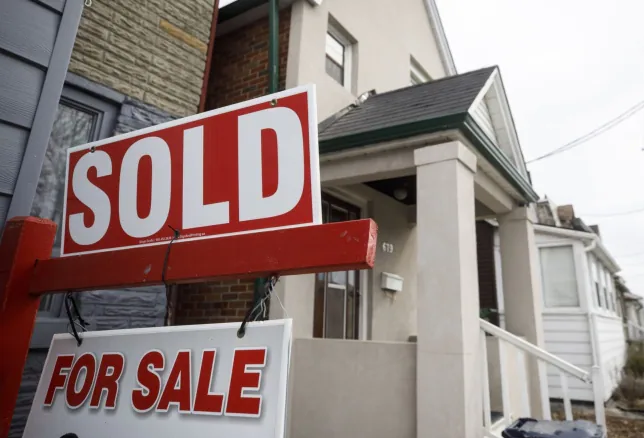Most Manitobans are familiar with the recent boom in housing prices over the last several years. If you’re fortunate enough to be a homeowner as you enter retirement, this is likely the most real estate equity you’ve had in your lifetime! But how do use that equity to your advantage in retirement? Should you rely on the value of your home as part of your financial plans?
A Quick Word on Tax
When talking about your primary residence (the place you spend most of the year), you will likely qualify for the principal residence exemption when you sell or bequeath your house! That means the appreciation in value that occurs, while your home is your principal residence, is exempt from income tax.
You should always confirm with your Accountant the specifics to your situation. If you’ve owned multiple properties simultaneously or been in the business of flipping houses for a profit, the exemption may be less cut-and-dry.
Ways To Access Equity in Real Estate
- You can sell your house. This is the most straightforward option. You sell your residence, collect the proceeds, and invest the balance in a manner that contributes to your retirement income. The biggest considerations are: the costs to sell, the costs for where you’ll live next and the after-tax return you can expect on your investments.
- You can borrow with a Home Equity Line of Credit. Assuming you owe very little (or nothing at all) on your mortgage, you may be eligible to open a low-cost line of credit against the equity in your house. When you borrow, the proceeds are tax free, meaning they won’t impact your taxable income or government benefits. The biggest considerations with a line of credit are: your bank’s willingness to lend, the interest rate on the loan, and the requirement to make repayments towards the principal.
- You can take a Reverse Mortgage. Similar to the home equity line of credit, a reverse mortgage provides a negotiated, lifetime stream of income in the form of a loan against your house. The loan is paid off when you pass away or sell your home, so there’s no requirement to repay out of your cash flow. The biggest considerations are: the payment amount, the interest rate, and your estate planning intentions.
Should We Plan to Use Our Equity?
Unfortunately, the answer to this question is “it depends.” Everyone needs somewhere to live. Therefore the cost of shelter is going to be part of your retirement plan naturally.
If your mortgage is paid off and you are living in your “forever home” then I typically don’t account for its’ sale or leveraging. The value of your home has no impact on your income if it’s never going to be converted to cash. If your retirement can be successful with a low cost of housing and without using home equity, consider the asset to be a bonus or fallback plan.
If you feel like your house is “too big” for your retirement years and downsizing is in the future, we absolutely need to include the sale in your retirement projections. The surplus generated from the sale, and the cost of the new place, will play an important role in your retirement success.
If you’re entering retirement with restricted income (only pension income, CPP and OAS) or qualifying for the Guaranteed Income Supplement (GIS), your home’s equity is also a big factor in your plans. The tax-free nature of its’ sale or leveraging can make all the difference in hitting your lifestyle goals without sacrificing key benefits.
Evaluating the equity in your home and how to spend it in retirement can be tricky. There’s no one right answer for all situations. A good Financial Advisor will be able to illustrate the effects of downsizing or leveraging your home in retirement. Knowing what’s needed (or not needed) to fulfill your retirement plans will help you unlock the most from your home!

Recent Comments